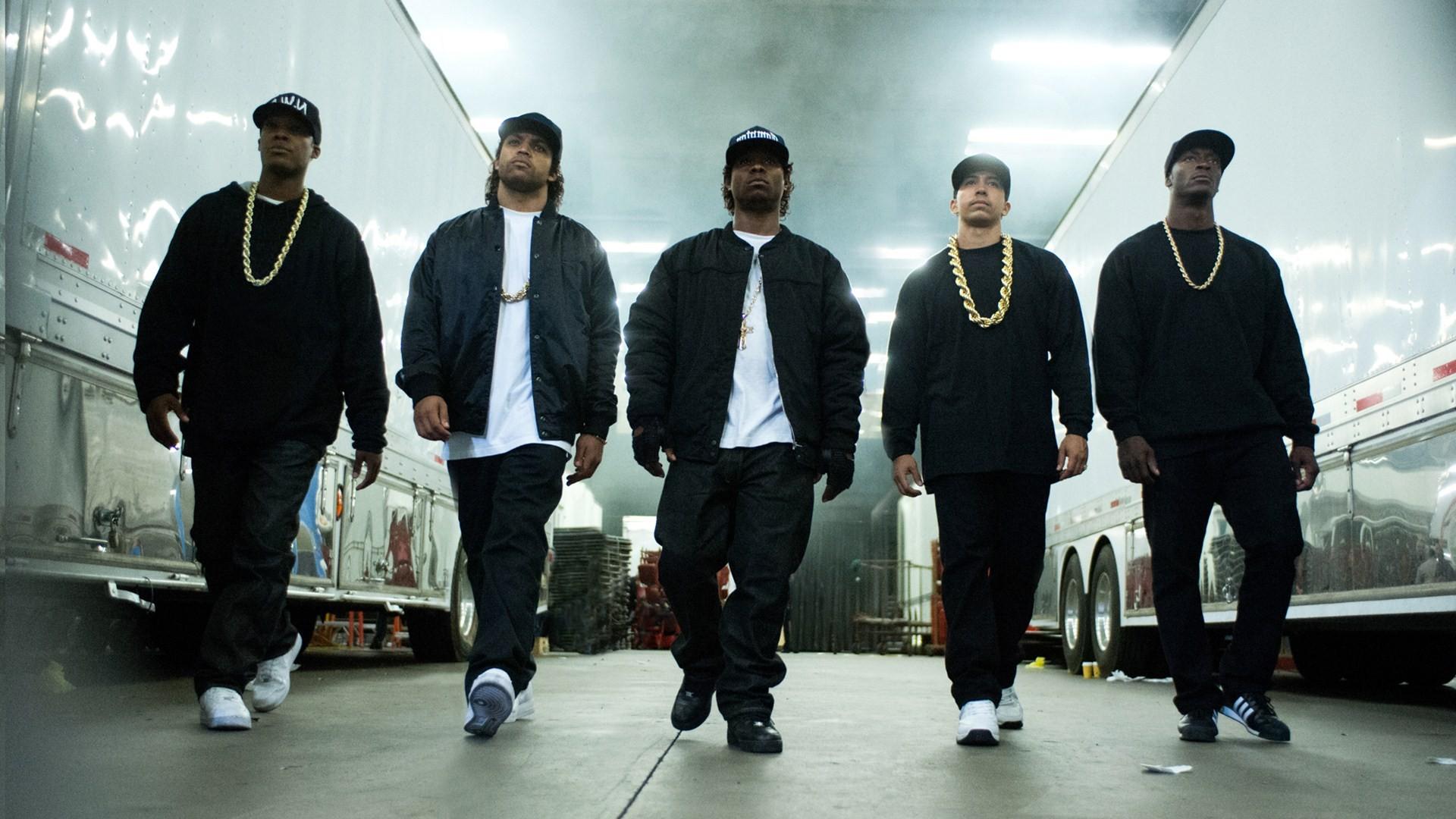Look around at any given moment and you will most likely see people attached to their phones, eyes fixated on screens, drool possibly spilling from their mouths.
Though it probably seems like everyone has had a touchscreen baby since the prehistoric era, the birth of the smartphone we know and obsess over today only occurred about eight years ago. Revolutionizing the way we communicate, portable technological devices have taken over the lives of an estimated seventy-three percent of people in the U.S. alone. This all seems dandy, but with technology comes the rise of social media, also known as the reason eye-contact and genuine conversations freak you out.
Social media is defined by the Merriam-Webster Dictionary as “forms of electronic communication in which users create online communities to share information, ideas, personal messages, and other content.” In reality, social media has become a platform for superficial ideals, obnoxious thoughts, and unrealistic expectations, creating competitive undertones amongst youth with a quick double tap.
If you didn’t post it, did it actually happen? People are eager to document everything now, from a tornado coming straight towards them to a deadly fight. Obsessed with capturing every single moment, we fail to live in them.
People underestimate how much influence social media has on them. Likes and followers are closely associated with popularity, commonly thought to be the same thing. Women’s self-esteem is often dependent on the amount of likes, followers, and retweets they receive, comparing themselves to ‘Insta-famous’ sex symbols that attract millions of followers. The concept of followers and likes has morphed into the determining factors of self-worth, making people desperate to reach the unrealistic goals of perfection that social media community enforces.
The way we interact and develop relationships with each other has been permanently altered by social media. We live in an age where before you even meet someone you can know an outrageous amount of information about them. Privacy is a thing of the past; nowadays, our closest friends and family, phone numbers, and even our addresses are available to anyone who can click search. Gone are the days of meeting your true love by chance; we now scroll through snapshots of potential partners as if flipping through a magazine. Bold comments of heart-eye emojis on your crush’s latest post translate into awkward exchanges passing one another in the hall.
Where do we stand as a society by allowing social media to determine our self – worth and moral values? One might say social media is a creative outlet that allows people to network and make “friends”, but I strongly disagree. Some recognize social networks as nothing more than a tool to enhance their social status and express themselves. Others rely on the volume of positive responses they receive from friends and foes alike as a barometer of their beauty and value amongst their network of peers. If this is only the beginning of the “feeding-frenzy,” imagine what the future holds. If this world is going to be one of faux online personas and Twitter fights, I’m not interested. If you want to talk, come find me below the rock I live under.





